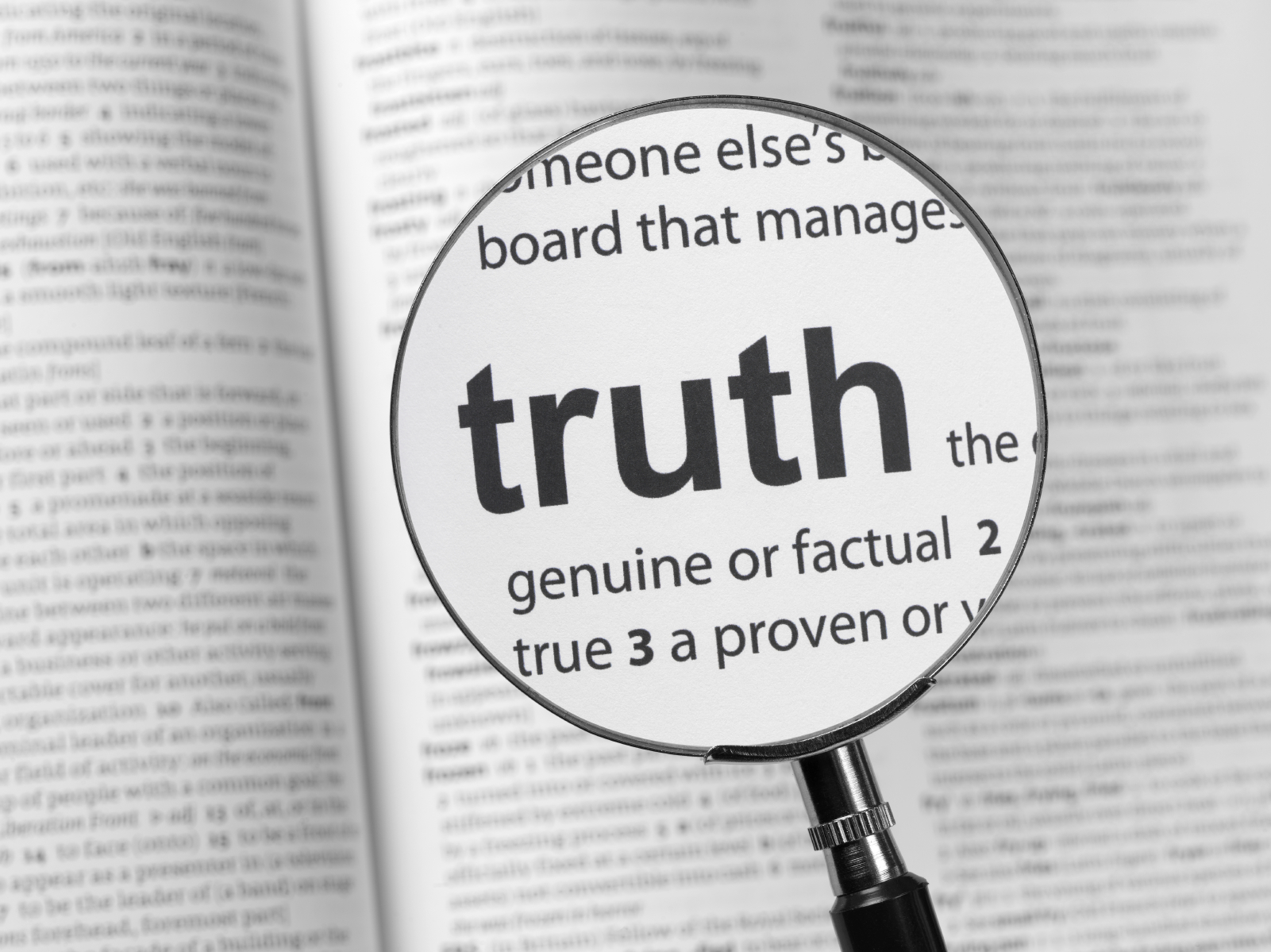WHERE ROSANNE LIVES 24/7: My wife would shoot me if she knew I snapped this photo. She has not allowed her photo to be taken since we were married, September, 2002.
There is no end of supportive advice for individuals who find themselves in the unfortunate position of being a primary care giver for a family loved one. The only problem is that very little, if anything, has been written by those who actually have lived the life of a care giver.
None of us, young or old, ever dream of living out our twilight years sentenced to a primary care giving role. That is just not the way the cookie is supposed to crumble.
You know, "the plan was idealistically to grow old together – holding hands, in rocking chairs on the porch and enjoying the grand-kids." For many couples, this part of the dream has not quite come true. For those who have found themselves in the all too common position of being a caregiver to their spouse – the story has changed drastically.
Not too surprisingly, over 56% of the 50 million family caregivers are solely responsible for a spouse, according to the National Family Caregivers Association. I am a member of that not-too-exclusive club, not once but twice during the last 23 years of my life (10 years caring for a terminally ill first wife and 11 with second wife Rosanne.) It is not fair, but what are you going to do?
Suffice to say, I am a battle-scarred veteran of the caregiver war -- twice over. Thank God that I will never come this way again.
There is no escape valve for a care giver. Unless you are heartless, there is no alternative but to make the best of a very bad situation: 1) Because you love the other half in your relationship and 2) you are committed to an "in sickness and health" nuptial vow. Bottom line, you find strength and staying power you never knew you had.
But, make no mistake, it can be frustrating, depressing, exhausting -- and lonely.
It is not my intention to cry on your shoulder with this post, dear friend. I merely want to tell it like it is in the hope that there will be a few who can relate to my experience and a few more who will understand. Still others, yet to walk in my shoes, can also tuck what I say in their memory bank for, God help them, future reference.
When you become a primary caregiver, for all intents and purposes you give up your previous life. There is no time for hobbies, special interests and previous socializing. Out of necessity, you prioritize and acquire skills previously foreign to you, like shopping for all household necessities (grocery stores, drug stores, banking) cooking, house keeping, laundry. You literally learn the hard way to become the equivalent of a practical nurse.
 |
RosanneNme, September 14, 2002
Little did we know then... |
In my case, Rosanne has become increasingly limited in the things she can do for herself, including toiletry, bathing and personal hygiene in general. She is confined 24/7 to her lift chair in our living room cum hospital room, dependent on me for absolutely everything. Cancer, colitis, CO PD, gross obesity, fibromyalgia, onslaught of dementia and psychological issues all contribute to her current delicate condition. I am interrupted countless times a day to attend to particular needs. For instance, I started writing an hour ago and have been called away from the computer three times, first to empty the commode and to attend to her after a bowel movement, then to get a glass of ice water followed by a request to pick up a TV converter that had been dropped...Story of my life!.
Untold times a day I hear "Oh Dick, oh Dick!" When I ask, "What is it Rosanne?" invariably she replies "Oh nothing...Just Oh Dick." I have come to fully understand the meaning behind those words of exasperation, discomfort and helplessness.
The poor dear girl tries hard not to be overly demanding and needy, but there are frequent times when she cannot help herself. A disabled person requires a lot of attention and that goes with the territory.
After supper at night I begin to run out of steam, patience and tolerance. With any luck Rosanne will dose off to sleep and that is my opportunity to escape to my office and trusty computer where I derive therapy through genealogy research, writing and plain and simple mind wandering. Many mornings I am still at it when the sun comes up and I hear Rosanne asking "Is breakfast ready*?"
Thankfully Rosanne sleeps a lot through the day too and I take advantage of the lull for those blessed cat naps that are such a salvation for any primary care giver. Regardless, I am constantly fatigued.
I find that communication is vital in situations like ours. I try to keep Rosanne apprised of what is going on in the outside world. I frequently ask her how she is feeling...and more often than not get a vague answer. When I can draw her away from the television soap operas, game shows and old movies that have become her life, we engage in small talk and -- yes, arguments over silly, small matters that are the result of mutual frustrations and frayed emotions.
Rosanne is a second-guesser by nature, especially when it comes to money management, my shopping choices, meal menus and my frequent lapses of memory. I have never been a woulda, shoulda, coulda sort of guy and frequently find myself in the position of being damned if I do and damned if I don't....That's when I find it better to turn the other cheek and to develop selective hearing.
One of my major challenges is to keep a sufficient variety of food on hand to meet Rosanne's fluctuating tastes. I insist, however, on not becoming a sort-order chef capable of producing on demand. Hardly a day goes by when I do not have to run to the grocery store to pick up something I had inadvertently forgotten in the previous day's shopping trip.
I often feel guilty and hate myself when through my anxiety I have been insensitive and said things that I wish I hadn't. I try not to let those types of situations pass without an apology and a gentle hug or a consoling stroke on the arm. There is something to be said about skin-on-skin contact.
On the upside, Rosanne has a short memory. She does not hold a grudge and frequently tells me how grateful she is a and how much she loves me. She has a soft heart and is extremely emotional, crying one minute and laughing the next. I make light of situations and tease her a lot. She, in return, threatens me with physical harm. We share a unique brand of joviality.
I should probably explain here what I meant when I mentioned being lonely in the introduction to this piece. There is a big difference between being lonely and being alone. Many spouse caregivers talk about the loneliness of being a caregiver – even, or perhaps especially, when their spouse is right there with them. When the person you married is no longer able to be as present in the relationship – the loneliness can feel worse than if they were not there at all. Often there is a sense of resentment and anger that they did not hold up their end of the bargain...that fate has dealt you a cruel blow. We continually make allowances and avoid speaking about what once was. The past becomes but a distant memory.
A long time ago I stopped attending church and other public gatherings because I got tired of well-meaning people asking "how's your wife?" I simply ran out of answers and meaningful explanations when people, in the end, do not understand the circumstances anyway. Generally, I believe, there is a perception that a gravely ill person either gets better -- or dies.
I see other couples our age enjoying a pleasant repast in a local coffee shop or restaurant, taking vacations together, attending social activities, walking hand-in-hand past our house on warm summer evenings...and I am envious. My heart aches. If only we could do those things once again. We had so little time after marrying. I had hoped for more.
The stock suggestion for people in my situation is:
"Consider giving up the tasks that are the most taxing or perhaps cause the most stress on your relationship. Having a paid caregiver do the bathing, incontinence care and feeding for example, can allow you to get back to being in a marriage with your partner – focusing on sharing, visiting or just being together. Try to allow yourself the time to just 'be' with your partner – not always focusing on what you need to 'do'."
To which I say "very ideal, but in reality much easier said that done."
Allow me to explain.
In the past 10 years, Rosanne has been hospitalized for extended intensive-care stays on three different occasions, the most recent being last spring and summer when she was a month-long respite care patient in Southampton before being transferred to a rehabilitation facility in Wiarton for another three-month period. She was deemed well enough to return home in August, although I think that more honestly they needed her bed. If I was not prepared to resume primary care responsibilities at home, officials confided that they did not know what they would do with her, nor where they could send her next.
As before, we were again provided with home care services that included regular visits by nurses and personal aid attendants, physio and occupational therapists and case mangers. This on top of technicians calling regularly to monitor Rosanne's oxygen equipment. Our home became a glorified Grand Central Station. We are very private people and the constant "invasion" caused us undue stress.
In time Care Partner visits became redundant and when it was obvious that I was more than capable of taking care of Rosanne on my own, our case was terminated pending future need. We rejoiced...our home was our own again. Outside help may be the answer in some instances, but not ours. Ultimately I will know when enough is enough.
So we carry on, taking one day at at time. A few weeks ago we had to cancel Rosanne's final chemotherapy appointment in Owen Sound because she was simply not travel worthy. I do not know what will become of that development. Meantime we mark time.
I struggle with the thought of what would become of Rosanne if my health started to decline. I'm 10 years older than her and you never know. In the past 10 years I have had major foot and ankle surgery and a total hip replacement. Shoulder surgery has been put on hold for obvious reasons and out of necessity I continue to grin and bear it, like I do so many other things in our life.
We soldier on, the two of us. We'll do this our way because we would not have it any other way.
I'm in for the long haul, come what may. I'm kind of stubborn that way.
"Oh Dick, oh Dick!"
*NOTE FROM DICK: If still interested, you are invited to read about my first stint as a caregiver for the first Mrs. Wright, Anne (1940-2000). See "One Couple's Struggle With Cancer" https://dicktheblogster2.blogspot.ca/.












